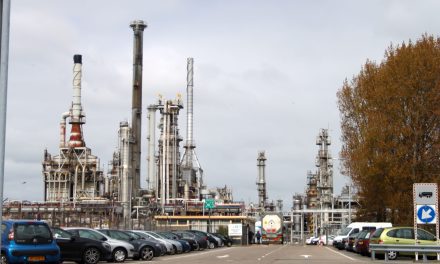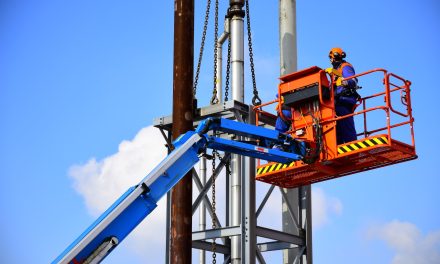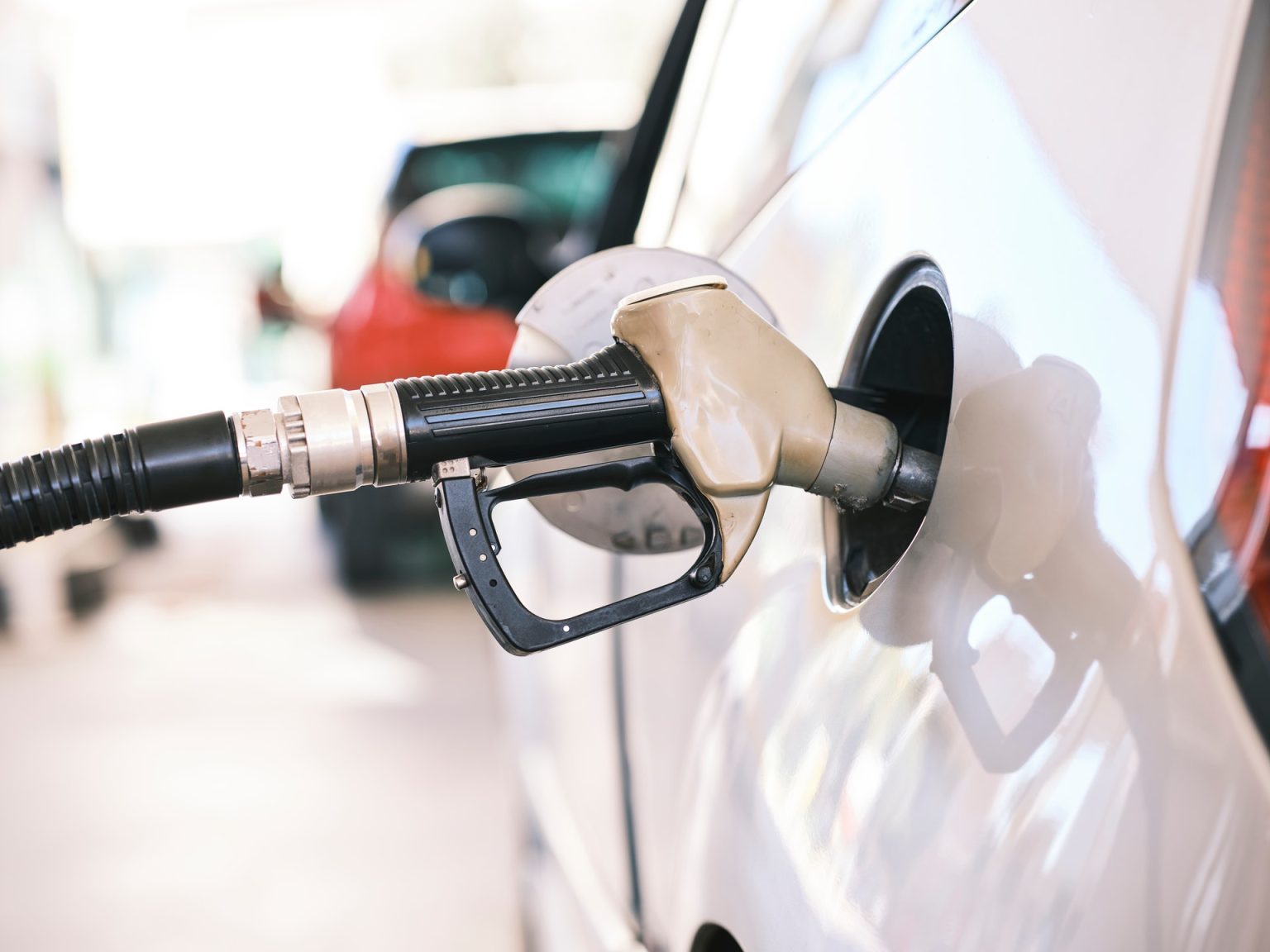English translation ->
De Europese boycot van Russische olie en olieproducten gaat mogelijk leiden tot een tekort aan diesel. Hiervoor waarschuwen de VNPI en TLN.
De EU heeft deze week een akkoord bereikt over een boycot van Russische olie en olieproducten. De aanvoer van olie zou over zes maanden moeten stoppen, en van olieproducten twee maanden daarna. Dat zou betekenen dat er in de haven van Rotterdam geen olie en olieproducten van Russische herkomst meer mogen worden ingevoerd. Volgens het Havenbedrijf Rotterdam is 30 procent van alle olie die de haven binnenkomt, uit Rusland afkomstig.
Europese boycot
Elisabeth Post van brancheorganisatie Transport en Logistiek Nederland (TLN) waarschuwt in het Financieele Dagblad voor de mogelijke gevolgen van de boycot. Zo ligt een tekort aan diesel op de loer. Ze wil ‘in het uiterste geval’ de beschikbare diesel aan het beroepsgoederenvervoer doen toekomen, zodat dit kan blijven rijden. Erik Klooster, directeur van de VNPI, is eveneens bezorgd. “Van alle diesel die de EU importeert, komt 40 procent uit Rusland. Dat zijn enorme stromen”, aldus Klooster in dezelfde krant. Zowel Post als Klooster vinden dat er een analyse moet worden uitgevoerd naar de effecten van de boycot.
Zie ook: Industrie vreest tekorten olie en gas
English translation
Consequences European boycott Russian oil
The European boycott of Russian oil and oil products will possibly lead to a shortage of diesel. This is what VNPI and TLN are warning about.
This week, the EU reached an agreement on a boycott of Russian oil and oil products. The supply of oil should stop in six months, and of oil products two months after that. This would mean that no more oil and oil products of Russian origin could be imported into the port of Rotterdam. According to the Port of Rotterdam Authority, 30% of all oil entering the port comes from Russia.
Analysis needed
Elisabeth Post of Transport and Logistics Netherlands (TLN) warns in the Financieele Dagblad about the possible consequences of the boycott. A shortage of diesel, for example, is looming. She wants ‘in extreme cases’ to pass on the available diesel to the professional goods transport, so that they can continue to drive. Erik Klooster, director of VNPI, is also concerned. “Of all the diesel the EU imports, 40 per cent comes from Russia. Those are huge flows”, Klooster says in the same newspaper. Both Post and Klooster believe that an analysis of the effects of the boycott should be carried out.











